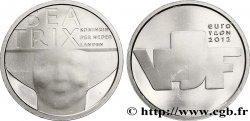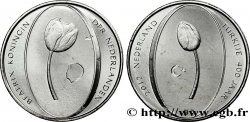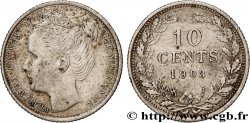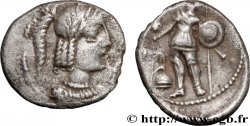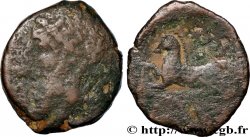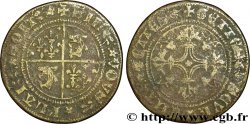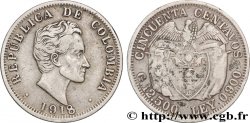You must signin and be an approved bidder to bid, LOGIN TO BID. Accounts are subject to approval and the approval process takes place within 48 hours. Do not wait until the day a sale closes to register. Clicking on "BID" constitutes acceptance of the terms of use of cgb.fr private live auctions.
Bids must be placed in whole Euro amounts only. The sale will start closing at the time stated on the item description; any bids received at the site after the closing time will not be executed. Transmission times may vary and bids could be rejected if you wait until the last second. For further information check the Live auction FAQ
All winning bids are subject to a 18% buyer’s fee.
All winning bids are subject to a 18% buyer’s fee.
| Estimate : | 125 € |
| Price : | no bid |
| Maximum bid : | no bid |
| End of the sale : | 31 January 2017 17:34:02 |
Type : Médaille, Société Hollandaise de Chimie
Date: 1928
Mint name / Town : Pays-Bas, La Haye
Metal : bronze
Diameter : 50 mm
Orientation dies : 12 h.
Weight : 46 g.
Edge : lisse
Coments on the condition:
Médaille en bon état avec des traces de manipulation. Patine sombre, encore plus sombre dans les creux
Obverse
Obverse legend : NEDERLANDSCHE CHEMISCHE VERDEENIGING 1903-1928.
Obverse description : Légende circulaire, autour d’une sorte d’alambic et d’une balance.
Reverse
Reverse legend : TER / GELEGENHEID / VAN HET / 25 JARRIGBESTAAN / IN WELK JAARTEVENS / WERDGEHOUDEN / DE IXE / CONFERENTIE / VAN DE UNION / INTERNATIONALE / DE LA CHIMIE / PURE ET / APPLIQUÉE.
Reverse description : Légende en 13 lignes.
Commentary
Cette médaille a été émise à l’occasion des 25 ans de la Société allemande de Chimie et de la onzième conférence de l’Union internationale de la chimie pure et appliquée (fondée en 1919,
https://iupac.org/).
Après la Première Guerre mondiale les académies des sciences des pays alliés décidèrent de boycotter les scientifiques allemands et la langue allemande et fondèrent en même temps de nouvelles organisations scientifiques internationales : le Conseil international de recherches pour les sciences, qui chapeautait des unions internationales dans les disciplines les plus importantes, et l’Union académique internationale pour les sciences de l’homme. Les langues principales de ces organisations étaient le français et l’anglais. Dans le domaine des sciences, l’accent fut mis sur les unions internationales d’astronomie, de géophysique et géodésie, de chimie, de mathématiques et de médecine. Celles-ci organisaient périodiquement des réunions et des congrès dont étaient exclus les scientifiques allemands et la langue allemande. Le boycott était justifié par le fait que les scientifiques allemands avaient nié la responsabilité allemande dans la guerre et les crimes de guerre commis par l’Allemagne et qu’ils avaient glorifié le militarisme allemand. La guerre et le boycott entraînèrent un important affaiblissement de la position internationale des scientifiques allemands et le recul de la langue allemande comme langue internationale de la science..
This medal was issued on the occasion of the 25th anniversary of the German Chemical Society and the eleventh conference of the International Union of Pure and Applied Chemistry (founded in 1919, https://iupac. org/).
After the First World War, the academies of science of the Allied countries decided to boycott German scientists and the German language and at the same time founded new international scientific organizations: the International Science Research Council, which oversaw international unions in the most important disciplines, and the International Academic Union for the Human Sciences.. The main languages of these organizations were French and English. In the field of science, emphasis was placed on international unions in astronomy, geophysics and geodesy, chemistry, mathematics and medicine. These periodically organized meetings and congresses from which German scientists and the German language were excluded.. The boycott was justified by the fact that German scientists had denied German responsibility for the war and war crimes committed by Germany and had glorified German militarism.. The war and the boycott led to a significant weakening of the international position of German scientists and the decline of the German language as the international language of science..
https://iupac.org/).
Après la Première Guerre mondiale les académies des sciences des pays alliés décidèrent de boycotter les scientifiques allemands et la langue allemande et fondèrent en même temps de nouvelles organisations scientifiques internationales : le Conseil international de recherches pour les sciences, qui chapeautait des unions internationales dans les disciplines les plus importantes, et l’Union académique internationale pour les sciences de l’homme. Les langues principales de ces organisations étaient le français et l’anglais. Dans le domaine des sciences, l’accent fut mis sur les unions internationales d’astronomie, de géophysique et géodésie, de chimie, de mathématiques et de médecine. Celles-ci organisaient périodiquement des réunions et des congrès dont étaient exclus les scientifiques allemands et la langue allemande. Le boycott était justifié par le fait que les scientifiques allemands avaient nié la responsabilité allemande dans la guerre et les crimes de guerre commis par l’Allemagne et qu’ils avaient glorifié le militarisme allemand. La guerre et le boycott entraînèrent un important affaiblissement de la position internationale des scientifiques allemands et le recul de la langue allemande comme langue internationale de la science..
This medal was issued on the occasion of the 25th anniversary of the German Chemical Society and the eleventh conference of the International Union of Pure and Applied Chemistry (founded in 1919, https://iupac. org/).
After the First World War, the academies of science of the Allied countries decided to boycott German scientists and the German language and at the same time founded new international scientific organizations: the International Science Research Council, which oversaw international unions in the most important disciplines, and the International Academic Union for the Human Sciences.. The main languages of these organizations were French and English. In the field of science, emphasis was placed on international unions in astronomy, geophysics and geodesy, chemistry, mathematics and medicine. These periodically organized meetings and congresses from which German scientists and the German language were excluded.. The boycott was justified by the fact that German scientists had denied German responsibility for the war and war crimes committed by Germany and had glorified German militarism.. The war and the boycott led to a significant weakening of the international position of German scientists and the decline of the German language as the international language of science..







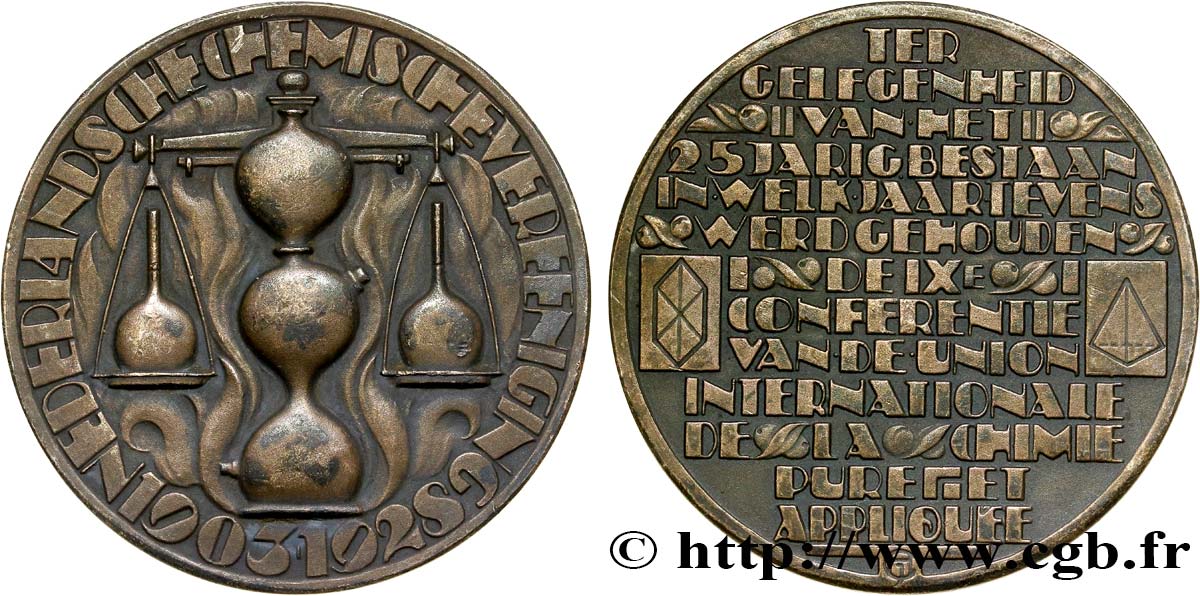
 Report a mistake
Report a mistake Print the page
Print the page Share my selection
Share my selection Ask a question
Ask a question Consign / sell
Consign / sell
 Full data
Full data